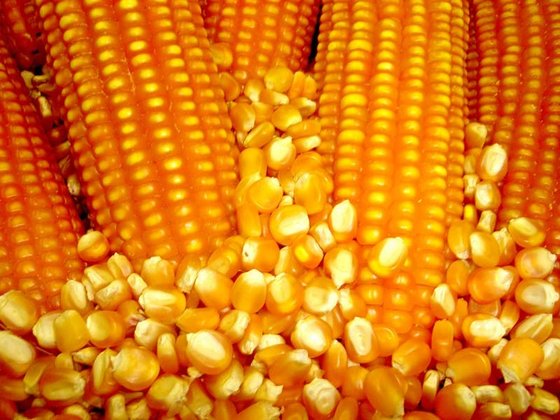The decision by the Central Bank of Nigeria, CBN, to release 300,000 metric tonnes of maize from the strategic grain reserve by February will crash the market price of maize, stakeholders have predicted.
The apex bank in a statement on Monday, said the grain release through its anchor borrowers’ programme is expected to help reduce the prices of the product, increase demand and enhance the profits of maize farmers.
“As part of the Bank’s financing framework, the CBN has facilitated the funding of maize farmers and processors through the Anchor Borrowers’ Programme (ABP) Commodity Association, Private/Prime Anchors, State Governments, Maize Aggregation Scheme (MAS), and the Commercial Agricultural Credit Scheme (CACS),” the bank read.
The President, Maize Growers and Processing Association of Nigeria, Edwin Uche, expressed hope that the price of the grain would reduce by 25 per cent to N120,000 per metric tonne grain from its current price of N160,000 per metric tonnes.
Also, the National President, Maize Association of Nigeria, Bello Abubakar, said the intervention by the government was expected to reduce the current market price of the commodity.
READ ALSO: Akeredolu Bans Cattle Grazing In Ondo Forest Reserves
According to him, the farmers’ groups had been working with relevant government and security agencies, to put an end to the speculative activities of middlemen.
Abubakar attributed the current shortfall in maize supply to insecurity around the major maize producing belt of Niger, Kaduna, Katsina, Zamfara and parts of Kano.
The Central Bank of Nigeria had last year extended foreign exchange restriction to importation of maize/corn, making it 44 items affected by its forex restriction policy.
The apex bank, in a circular to all authorised dealers and the general public, explained that the forex restriction on maize aimed to increase local production of the commodity, stimulate economic recovery, protect the livelihoods of rural farmers and provide employment.
After appeals from stakeholders, four companies were selected to import 262,000 tonnes of the products and allowed to source for foreign exchange through different banks.
Premier Feeds, Mills Wacot, Chi Farms and Crown Flour, were permitted by the government to shore up the supply for maize in the poultry industry through importation.
The volume of the maize imported by the selected companies is about half of the annual maize imports of 400,000 metric tonnes into the country.
However, the intervention to plug the production shortfall, failed to crash the price of the maize produced locally.













